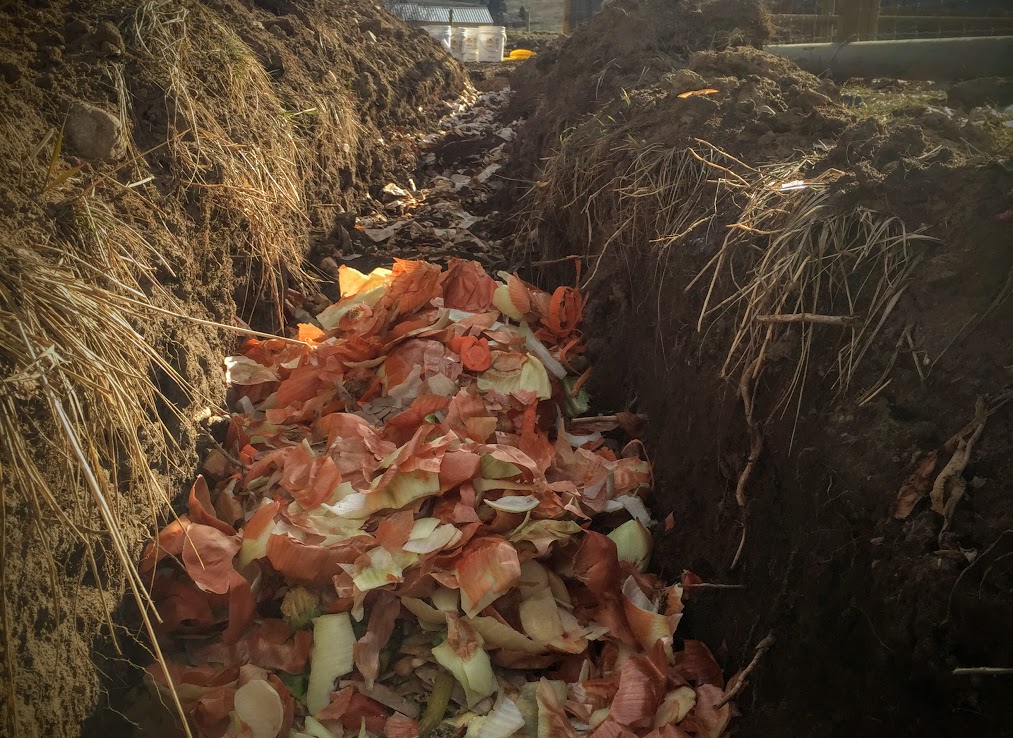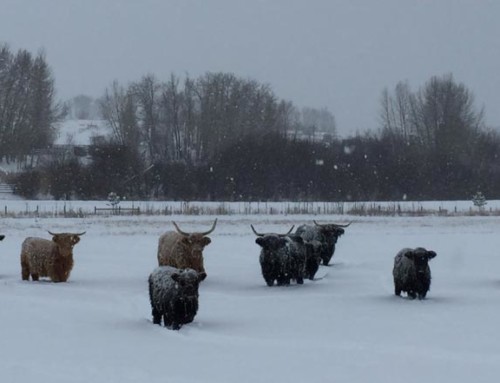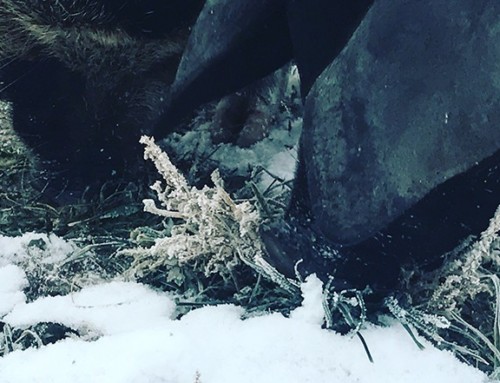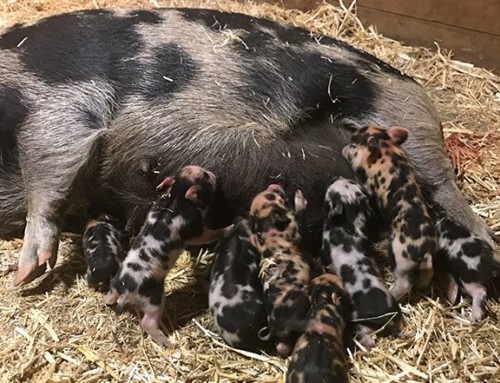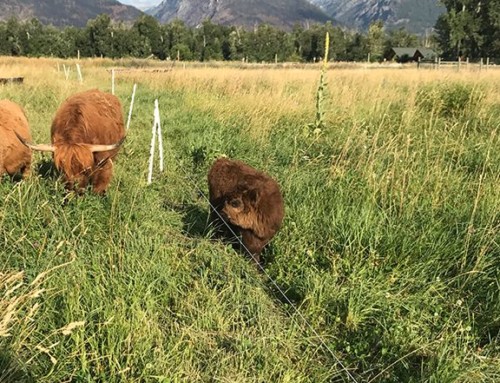“Treat the earth well,
It was not given to us by our fathers,
But is lent to us by our children.”
-African nomadic pastoralists verse
Much energy was spent last week thinking about, and dealing with, waste. There seems to be a curious corollary between how much we love something–how much we care of it, are responsible for it, are stewards of it–and how much of its mess we clean up. For example, my wife and I are “dog people.” We love our dogs, and yet even after all these years I’m still surprised by how much time we spend cleaning up after them be it their torn up toys in the house or their leavings in the yard. And from what I can see, the relationship between parents and children isn’t all that different.
How do we make sense of this relationship between love and waste? Answering this question seems to take us in two directions. The first is more immediate and is based on the close and intimate relationships such as the one between my dogs and me, for example. The second direction is a more large-scale critique of our society’s perception of waste and how we deal with it.
First, how does my role as steward shape how I see the things (animals and/or kids) under my care? A person could, for example, get annoyed or angry at animals/kids for constantly making messes. While working at the college I would often come home tired and stressed and, I’m sorry to say, often did not respond well to some new mess the dogs inflicted on the house while we were at work. This is not to say that I am arguing for letting these little beings run rampant. Quite to the contrary, while trying to manage how I was responding to the dogs I had to first start with managing my own expectations and directing or guiding their actions. Fact: dogs like to chew and tear things up. If I accept this truism then I’m less likely to get mad when there are dismembered chew toys spread around the house. But I can also direct their natural tendencies by giving them appropriate chewables. In short, I learned that I’m better able to respond to our dogs’ messes, and better understand their desires and drives, by getting closer and more holistic view of the process. In other words, I’ve found that the more I try to distance myself from processes of waste production, the more things seem inconvenient, distasteful, problematic, and annoying.
This example with my dogs and its recognition of needing to be closer to the process of waste production leads to a larger discussion about how I see the relationship between me and all the people and systems that society has put in place to deal with and manage my waste (and that of everyone else, too). Slavoj Žižek, a Slovenian philosopher and scholar who creates cultural critiques using anything he can get his hands on from high German theory to the Matrix movies, does an interesting/funny analysis that connects toilets and ideology. In short, he discusses how the shape and performance of toilets from three different countries–France, Germany, and America–mirror how people in those countries see themselves and how they approach the world by “reading” how these household fixtures deal with waste.
As a society, Americans like to hide our waste as quickly as possible, and by hiding it we are able to disregard or ignore the need to think through what energies, elements, materials, and labor went into the objects of our consumption. We tend to want our spaces to be clean and orderly. Until very recently I lived most of my life in urban and suburban spaces. Today I’m constantly amazed by how my experiences on the farm have exposed just how little I know about where trash and sewage goes when it leaves my house. If waste is a natural part of life then it should be welcomed as evidence that individuals and systems are healthy and functioning as they should.
But simply recognizing waste processes and products is not enough. We also need to be making active attempts to do something useful with this waste. Such recognition and response are how we show our love and commitment to some young and growing animal or child in our life. Such recognition and response are also how we show our love and commitment to our planet and the environment immediately around us, but also those environments far away that have absorbed the waste of our consumption. And finally, such recognition and response are demonstrations of the love and commitment we have for ourselves as actors in the natural processes around us. The takeaway is to embrace the waste. Embrace it, but use it. Waste is only waste if we say that it has no other function, and that is a squandered opportunity indeed.

